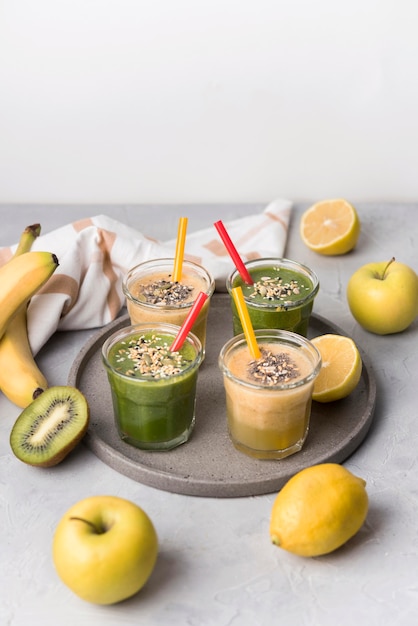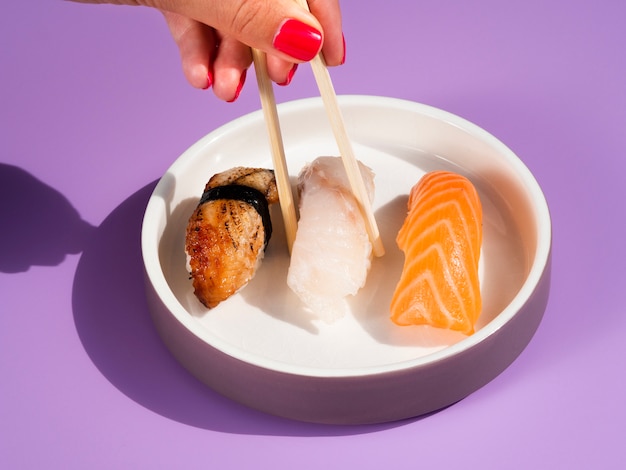
Athletes are always on the lookout to boost their performance, which is why high-intensity training and workouts are a staple in their routines. To keep up with these physical demands, they need plenty of energy every day. A well-rounded diet full of essential nutrients and sports nutrition supplements is crucial.
Despite its importance, sports nutrition often seems complicated. Without proper planning and execution, eating right can become a challenge. Here’s a guide to help you get started.
Athletes typically require more energy than the average person. Depending on their goals, they might need around 2000-2500 calories or more each day. To meet this requirement, they should consume foods and drinks rich in specific nutrients.
Getting these nutrients doesn’t have to be difficult. Begin with some simple steps to maximize your nutrition.
Your body needs energy for the day ahead. Whether it’s an intense workout or a long training session, breakfast not only fuels you but also jumpstarts your metabolism. Eating breakfast reduces the urge to snack between meals, keeping you light and focused throughout the day. Opt for a nutritious breakfast with proteins and carbs, like boiled eggs or oats, and avoid high-fat meals before workouts.
Carbohydrates are a primary energy source for athletes. They break down into glucose and are stored as glycogen in your muscles, providing energy during physical activity. For workouts lasting over 90 minutes, you need enough carbs to sustain you. Carbs help replenish glycogen used during exercise and prevent sluggishness. They should make up the bulk of your diet.
Proteins are the building blocks of your body, crucial for carrying oxygen, repairing cells, forming new cells, and strengthening bones. Adequate protein intake aids in quick recovery from muscle pulls and injuries. About 15% of your diet should consist of protein-rich foods. Choose natural sources and avoid excessive protein, which can strain your kidneys.
Vegetables and fruits like bananas, berries, spinach, carrots, broccoli, and kale are packed with essential vitamins and minerals. They not only boost your strength but also aid in recovery. Include a variety of veggies and add a fruit to each meal to meet your nutrient needs. You can add fruits to cereals, yogurt, or make a vegetable sandwich. If your body needs specific nutrients, consider sports nutrition supplements.
As you exercise and sweat, dehydration is a risk. Your liquid needs depend on the intensity and duration of your workouts. Listen to your body and drink when thirsty. Choose water, fresh juices, or flavored milk, and avoid sugary energy drinks and sodas. Natural sports drinks are also great for rehydration. Steer clear of coffee, tea, and caffeinated drinks as they contain a lot of sugar and can dehydrate you.
Hopefully, these sports nutrition tips help you. While these are basic guidelines, consulting your trainer for personalized advice is always a good idea. Additionally, ensure you get enough rest to keep your body energized. If you’re interested in healthy eating and natural supplements, check out our vitamin supplements store.









